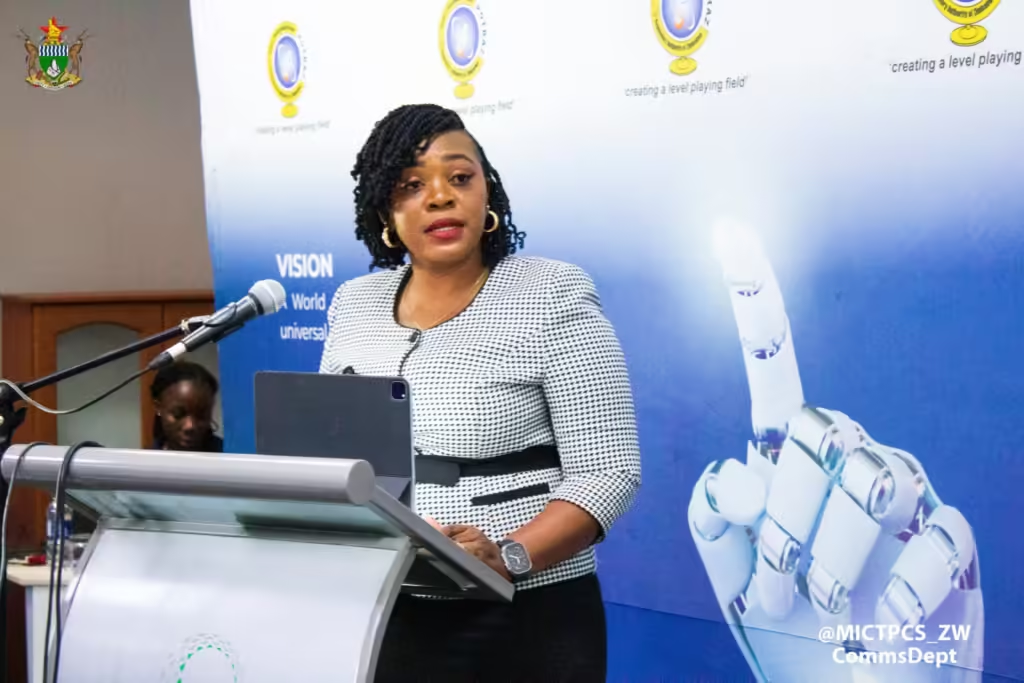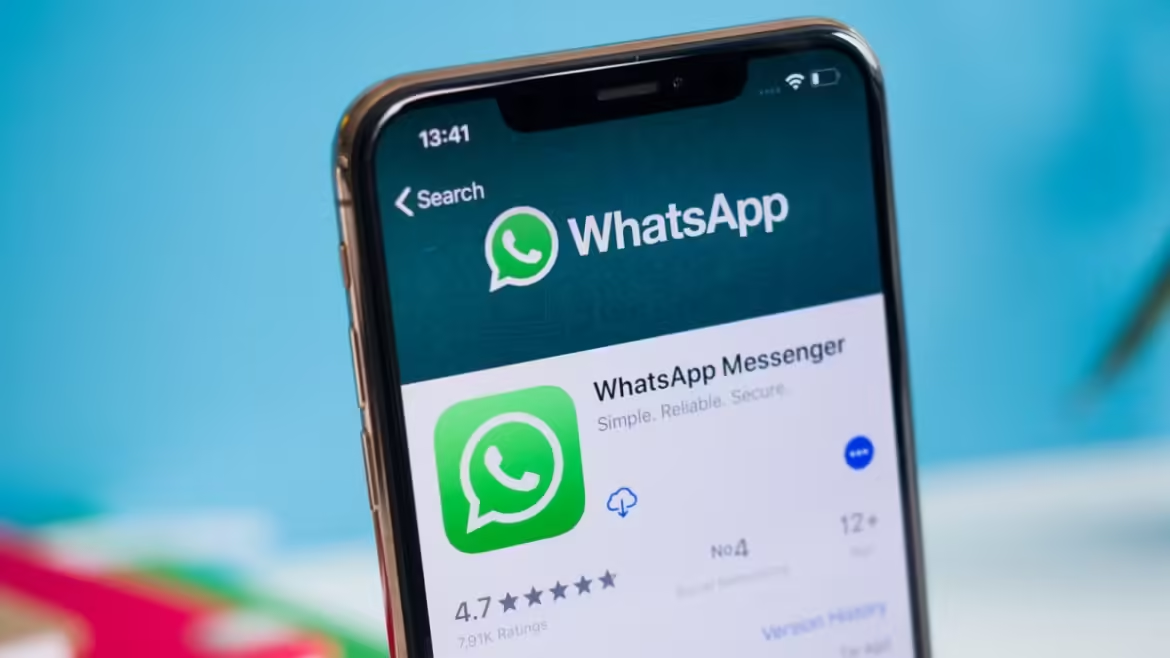Zimbabwe’s government has rolled out a regulation mandating that WhatsApp group administrators register and pay for licenses. The directive, introduced by the Postal and Telecommunications Regulation Authority of Zimbabwe (POTRAZ), requires WhatsApp group admins to secure a license, with fees ranging from $50 to $2,500 depending on the group type and purpose. This regulation aims to counteract misinformation, which officials argue could incite social unrest.
The regulation was further elaborated at a recent breakfast meeting, where Tatenda Mavetera, the Minister of Information and Communication Technology clarified the requirements. This licensing initiative isn’t limited to business or commercial groups; it extends to community organizations, churches, and other groups that gather identifiable personal data, such as phone numbers, under Zimbabwe’s Data Protection Act. Additionally, licensed groups are now mandated to appoint a trained Data Protection Officer (DPO), certified by POTRAZ, to ensure compliance with data protection laws.

Monica Mutsvangwa, the Minister of Information, Publicity, and Broadcasting Services, has stated that this new regulation is necessary to maintain peace and security in a digital landscape that increasingly influences public discourse. By tracking sources of misinformation, the government intends to hold group admins accountable for the content shared within their groups.
However, this directive has generated considerable public debate and criticism, with online activists and citizens expressing concerns over privacy and freedom of speech. The requirement for personal information during the licensing process has raised fears that group admins may shy away from managing or even joining groups, stifling community engagement on important issues.
The government maintains that the licensing initiative is essential for national security, noting that in the face of rising misinformation, more stringent measures are required to prevent potential social unrest.
Supporters argue that this move mirrors broader efforts worldwide to address the spread of false information and govern social media responsibly. Yet, the regulation stands as a stark reminder of the delicate balance between public safety and the protection of civil liberties in the digital age.




